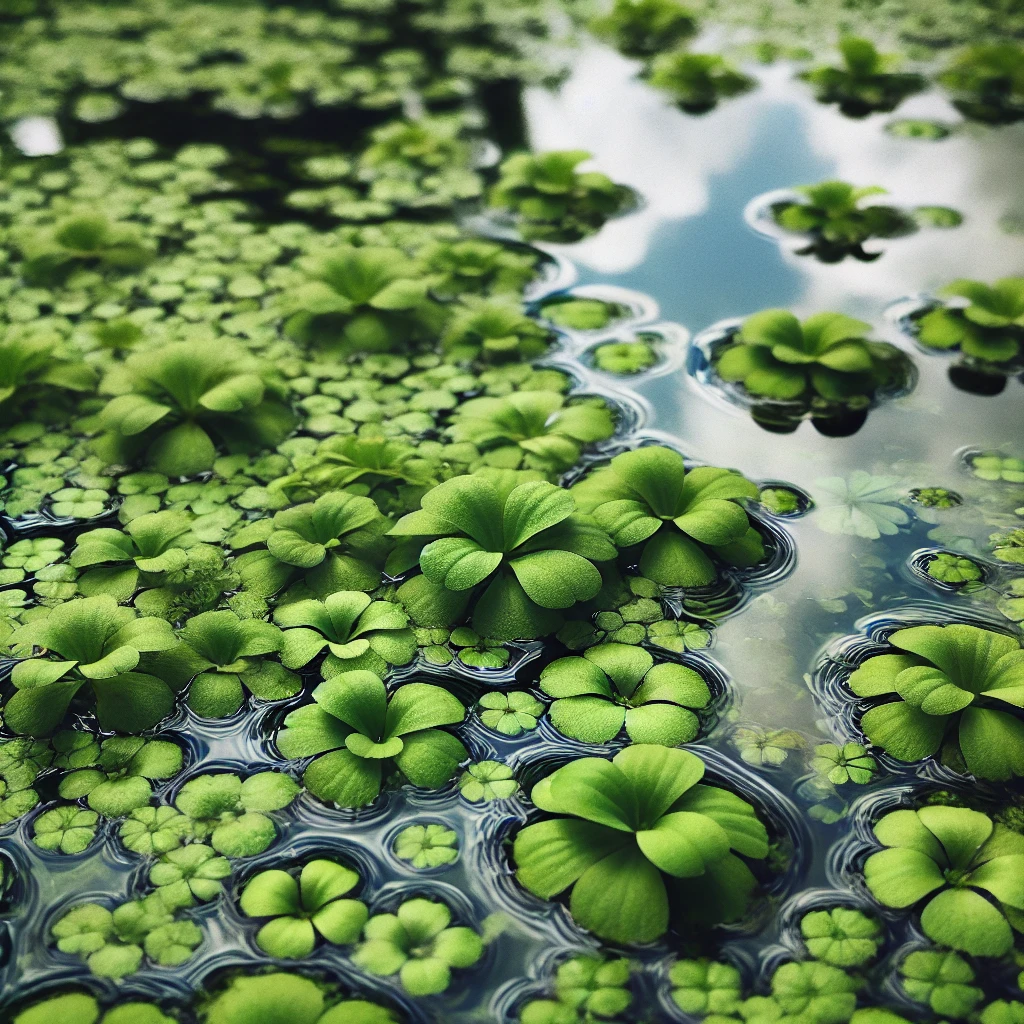Getting your Trinity Audio player ready...
Researchers are investigating the potential of using harvested duckweed for human consumption and as a green fertilizer.
The small aquatic plant can release nutrients slowly and support microbial activity, benefiting plants compared to chemical fertilizers.
Duckweed has a high protein content, reaching up to 45%, making it a protein-rich plant that can produce more protein per hectare compared to soybeans.
Extracting protein from duckweed leaves for human consumption is a major challenge, but researchers have developed protocols to extract up to 60%.
Studies aim to assess the effectiveness of growing duckweed in various water bodies to capture excess nutrients like nitrogen and phosphorus, which impact groundwater quality and lead to toxic algae blooms, offering a long-term nutrient capture solution.
Findings from the research could offer sustainable, affordable alternatives to chemical fertilizers for farmers.
The small plant can rapidly bloom and form thick green carpets on freshwater surfaces. It can also hinder activities like boating and pose risks to animals if present in large volumes.
This article was written in collaboration with Generative AI news company Alchemiq
Sources: The Conversation, Daily Mail, Laconia Daily Sun, Public News Service, University of New Hampshire, Growing Produce.


